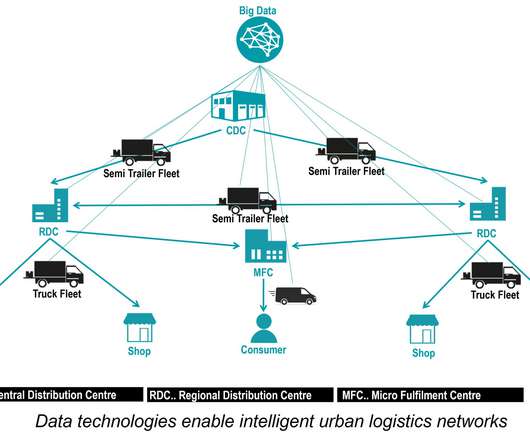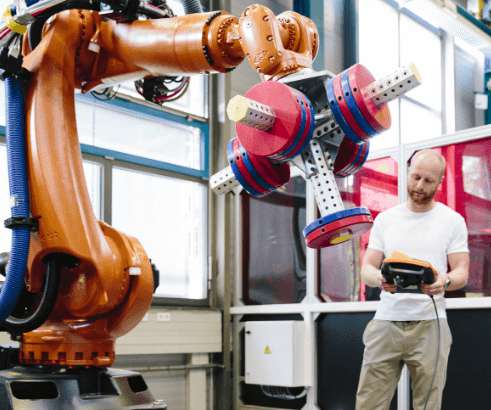A New Era in Transport Logistics with Big Data and Self-Driving Trucks
Logistics Viewpoints
DECEMBER 7, 2022
A recent survey conducted by the International Road Transport Union (IRU) industry association shows that this bottleneck has exacerbated worldwide over the past two years. The transition of an entire fleet to self-driving trucks can decrease operating by approximately 45 percent (according to McKinsey Route 2030, September 2030).














Let's personalize your content